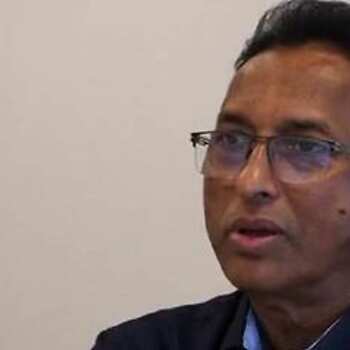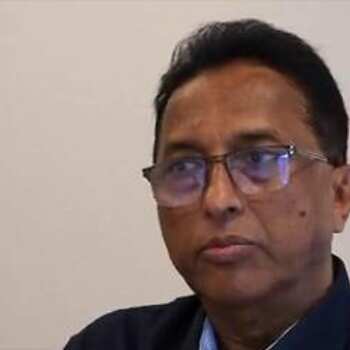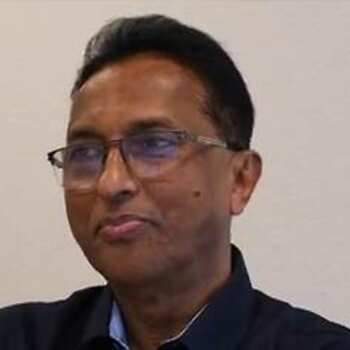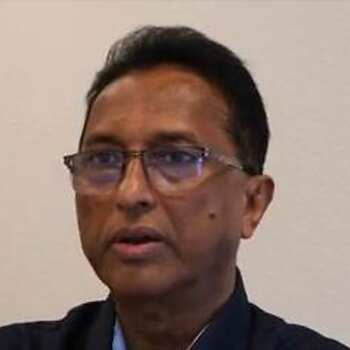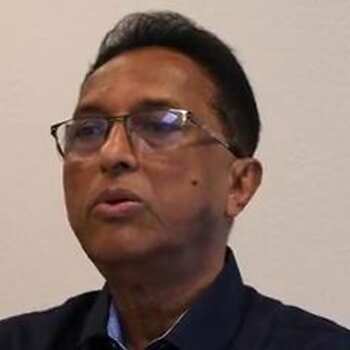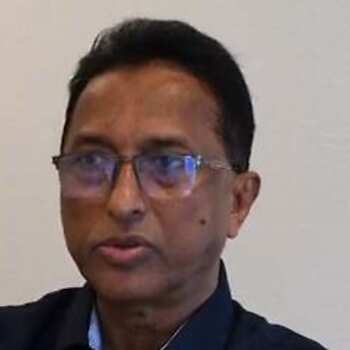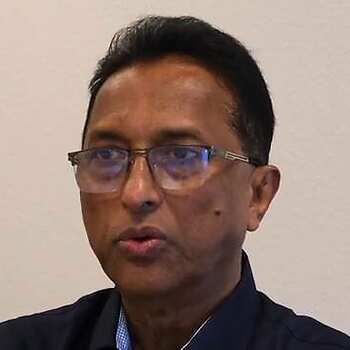Cooperation with local Ngo's 1972 -1996.
The evaluation of Netherlands supported NGOs in Bangladesh during the first 25 years were part of a study undertaken by the Policy and Operations Evaluation Department (IOB) on the Netherlands bi-lateral aid programme for Bangladesh in the period 1972–96.
The results of this study are summarized in the firsts chapter of this report. Regarding to efficiency of the NGO programmes the main findings were:
- specialised programmes (concentrating on a small range of activities) are easier to run efficiently than are holistic programmes (which try to tackle a broad range of dimensions of poverty);
- nevertheless, even very large holistic programmes are being run efficiently by some NGOs; – programmes of small NGOs often suffer from insufficient funding and/or from lack of access to best management practice through training;
- programmes in which partial management responsibility (excluding financial management) is given to member groups are being run efficiently by several NGOs studied;
- programmes in which full hand over, including financial management, to member groups is practised have so far not been able to achieve efficiency.
Interview Geoffrey Salkeld by Bob Templeman
The information in this section is based on an interview with Geoffrey Salkeld. Mr Salkeld was recommended to us by former Dutch ambassador to Bangladesh Kees Beemsterboer (now retired) in light of his extensive knowledge and insight into international cooperation in South East Asia. From the early 1970s, Mr Salkeld worked until recently as an all-round specialist/manager for numerous organizations in various countries, including Bangladesh, India and Sri Lanka.
Mr. Salkeld, an authority on NGOs, and Oxfam NOVIB in particular, described how Bangladesh was (and still is) frequently devastated by floods. NGOs have been deeply involved in Bangladesh since the country was founded. Political goals in Bangladesh were not always consistent with the aims of NGOs. However, there has always been close contact between NGOs and the Dutch government. Between 1972 and the present, Bangladesh has evolved into a business and humanitarian partner of the Netherlands.
Important figures mentioned by Mr Salkeld in connection with the development of Bangladesh were:
- Prince Claus (was very much involved in Bangladesh);
- Jan Pronk (former Minister for Development Cooperation, also closely involved with the country);
- Peter de Haan (Oxfam NOVIB, who pioneered many new and innovative activities in Bangladesh);
- Sylvia Borren (Oxfam NOVIB);
- Queen Maxima (through her work on microcredit);
- Sir Fazle Hasan Abed (the founder of BRAC);
- Faruque Ahmed (former Executive Director of BRAC International; retired in 2019)
Mr Salkeld also mentioned a number of organizations that were important for the development of Bangladesh:
- Oxfam/Novib: Bangladesh
- BRAC: BRAC, which is based in Bangladesh, is one of the world's largest non-governmental organizations. It was founded by Sir Fazle Hasan Abed KCMG (27 April 1936 – 20 December 2019). In order to receive foreign donations, BRAC was subsequently registered under the NGO Affairs Bureau of the Government of Bangladesh. Founded in the 1970s, BRAC’s mission was to create opportunities for people to realize their potential. The organization carries out a lot of relief and humanitarian work. It is independent and non-partisan and is dedicated to developing smart solutions designed to empower people and communities. For example, it arranges financing for small farmers in an effort to break the power of landlords. BRAC also plays an important role in promoting people’s health.
- GRAMEEN BANK: Bank for the Poor. Provides microcredit for poor people, thus enabling women and girls in particular to improve their socio-economic conditions.
- WHO | World Health Organization: The WHO has established a programme to safeguard the availability of essential medicines in Bangladesh.
- Icco Bangladesh
Sources and further reading
Other useful online sources relating to Dutch NGOs in Bangladesh:
- An evaluation of Dutch-funded NGOs in Bangladesh forms part of a study undertaken by the Policy and Operations Evaluation Department (IOB) on the Netherlands’ bilateral aid programme for Bangladesh in the period 1972–1996. Evaluation of Netherlands-funded NGOs in Bangladesh 1972 - 1996
- Netherlands Embassy, Dhaka, Bangladesh, Multi-annual Strategic Plan. 2012-2015
- NUFFIC Country plan Bangladesh
- Dutch government: https://www.netherlandsandyou.nl/your-country-and-the-netherlands/bangladesh/and-the-netherlands/development-cooperation.
Check out our chronological timeline on the cooperation between the Netherlands and Bangladesh.






